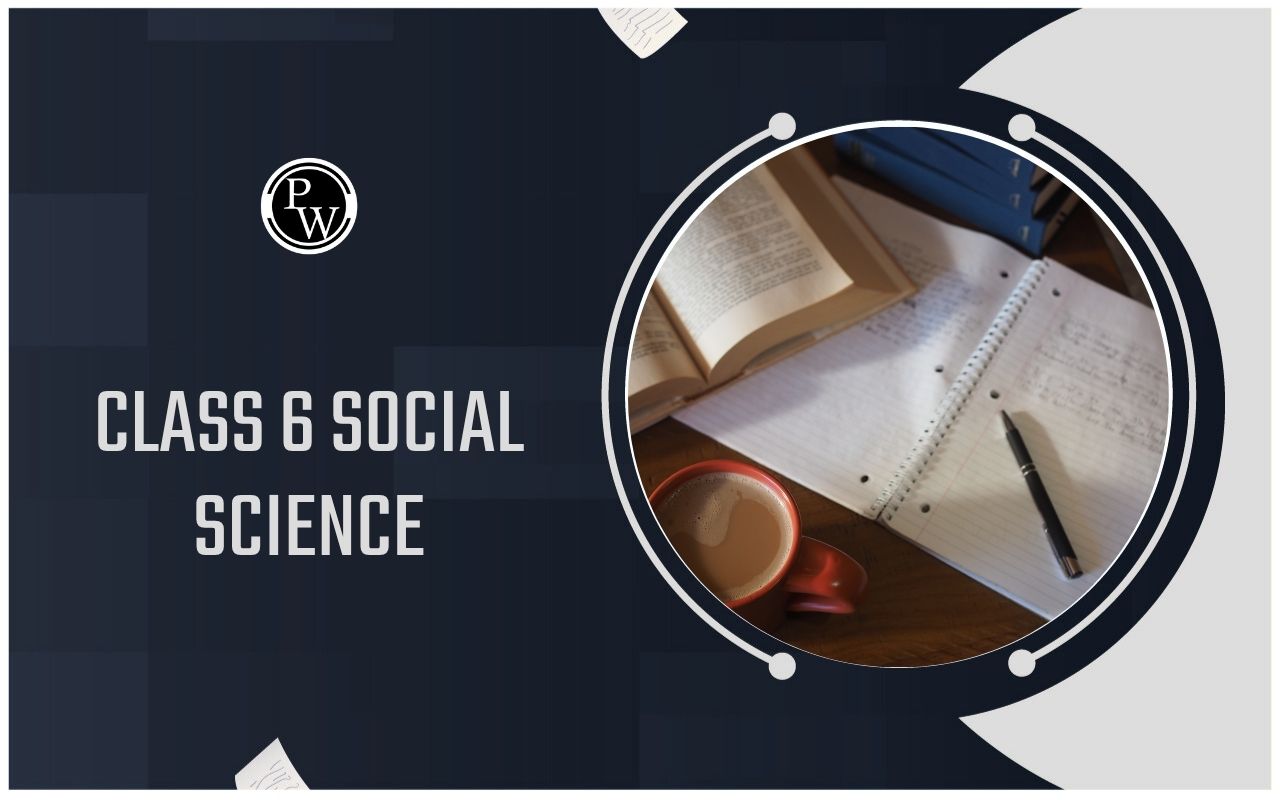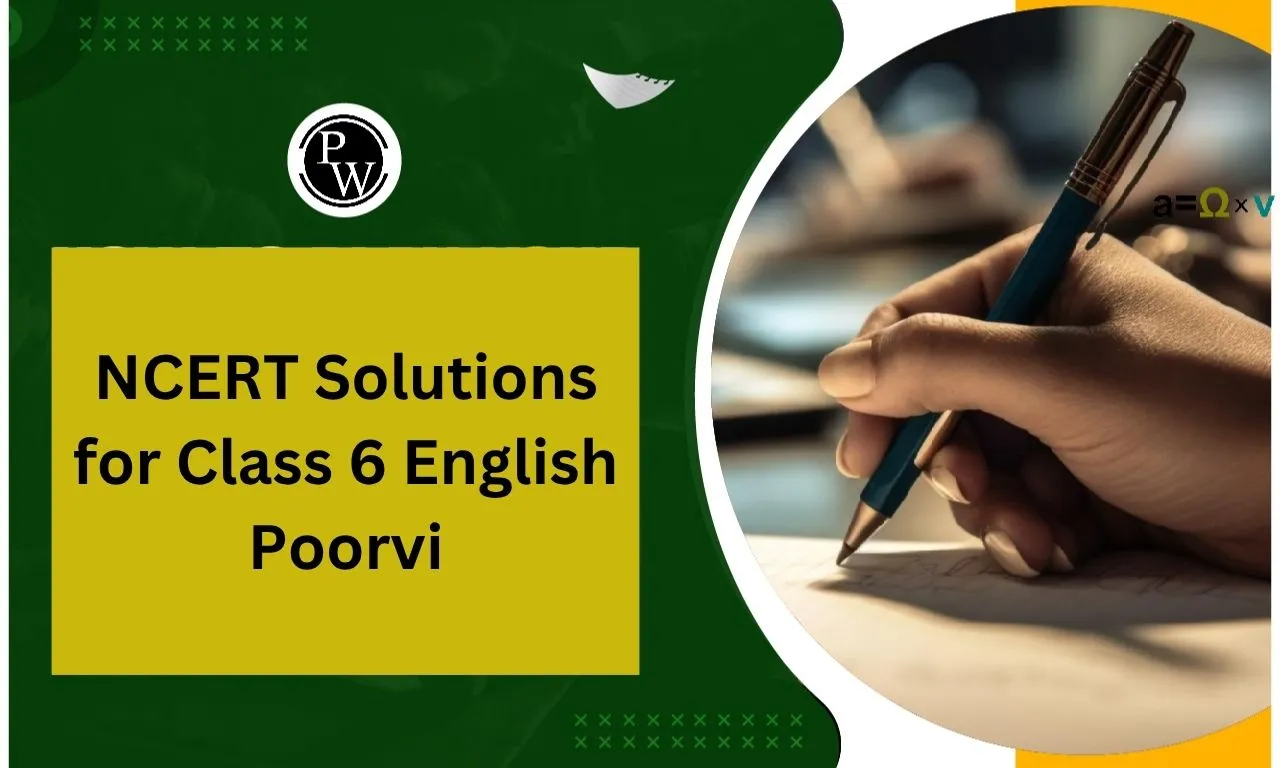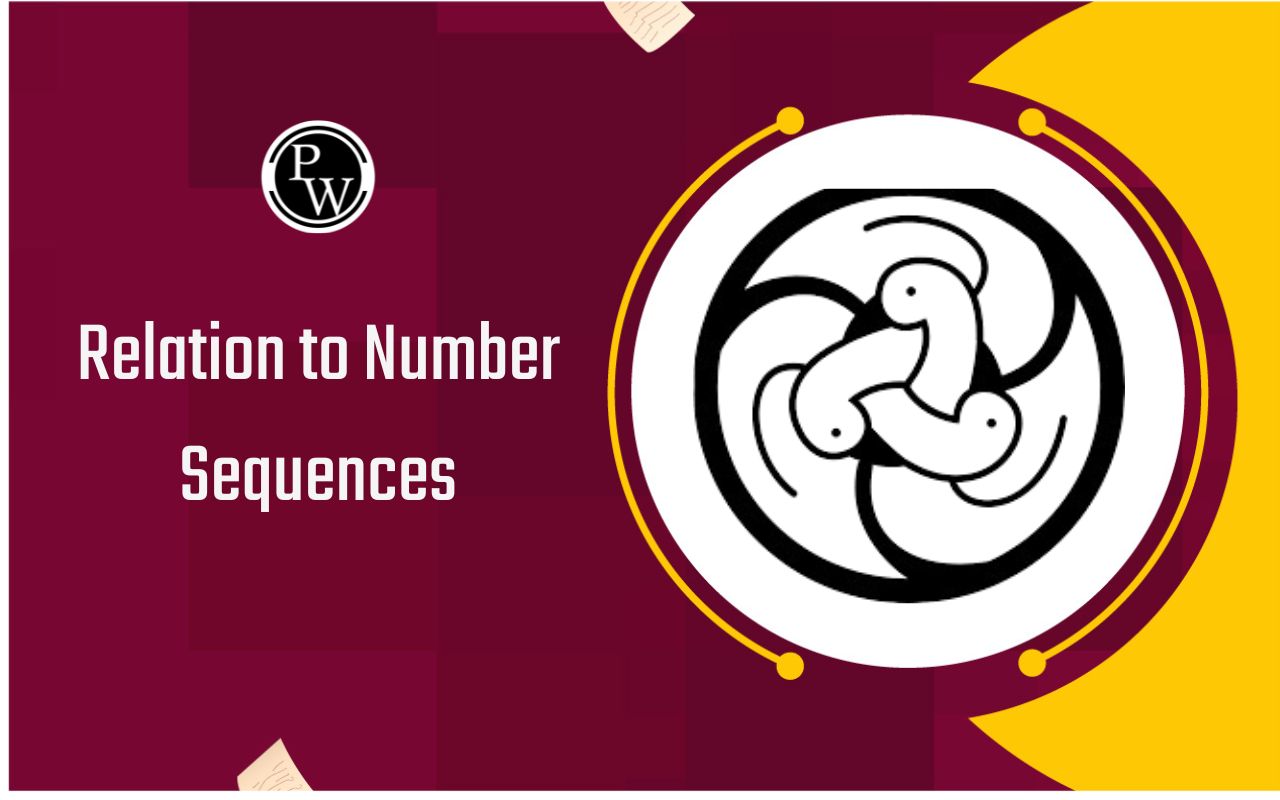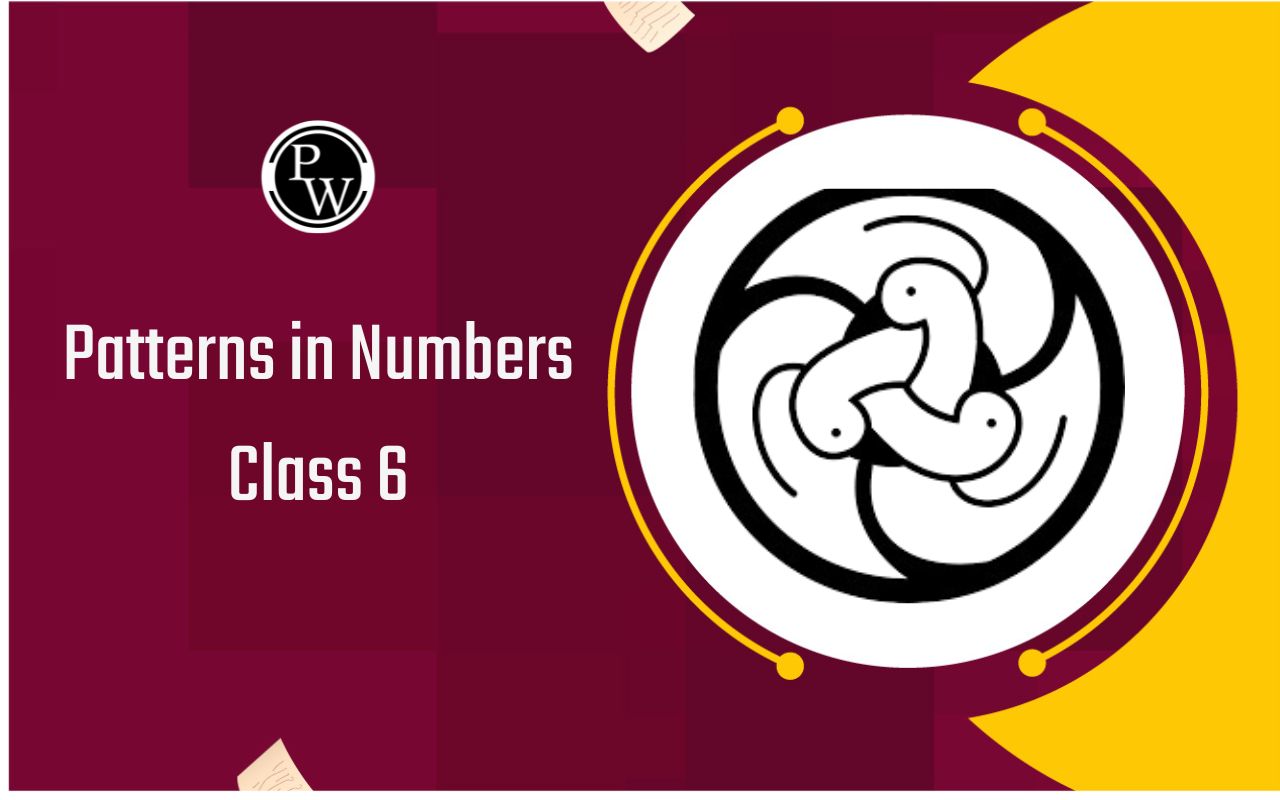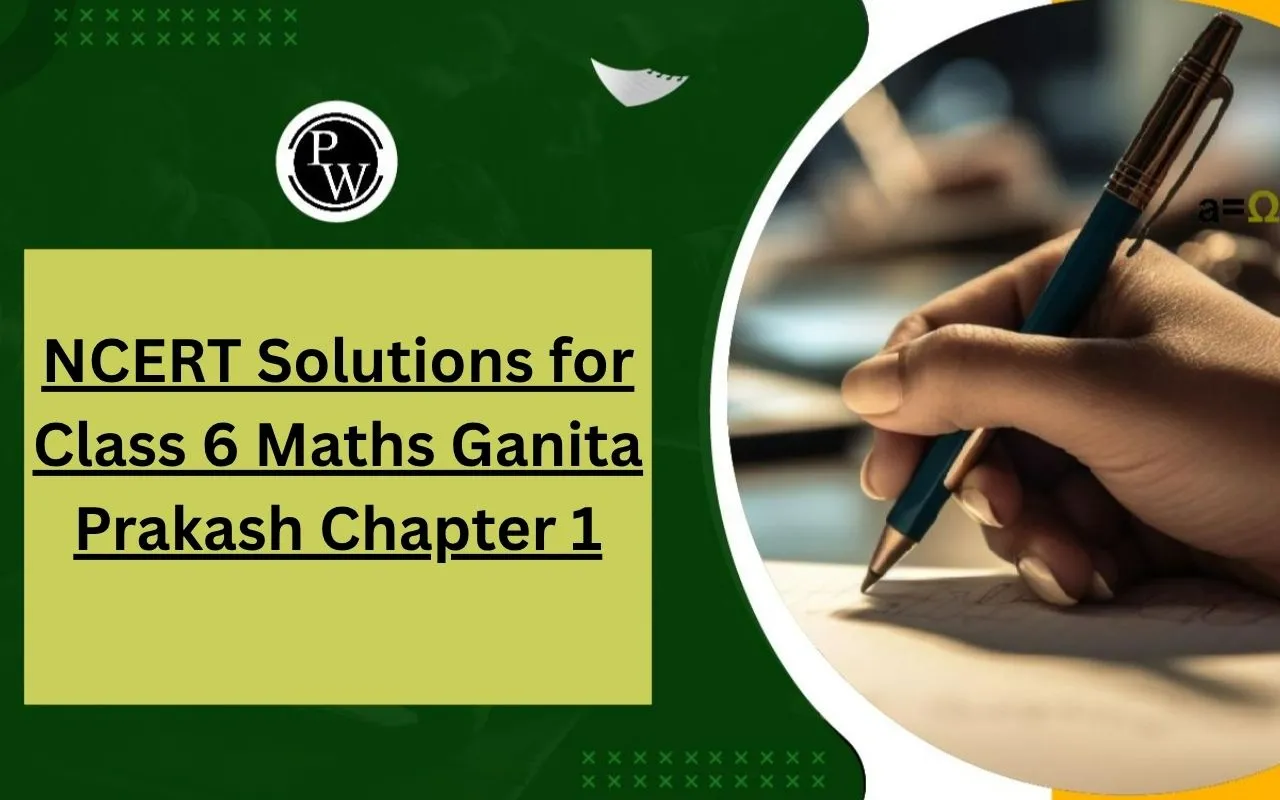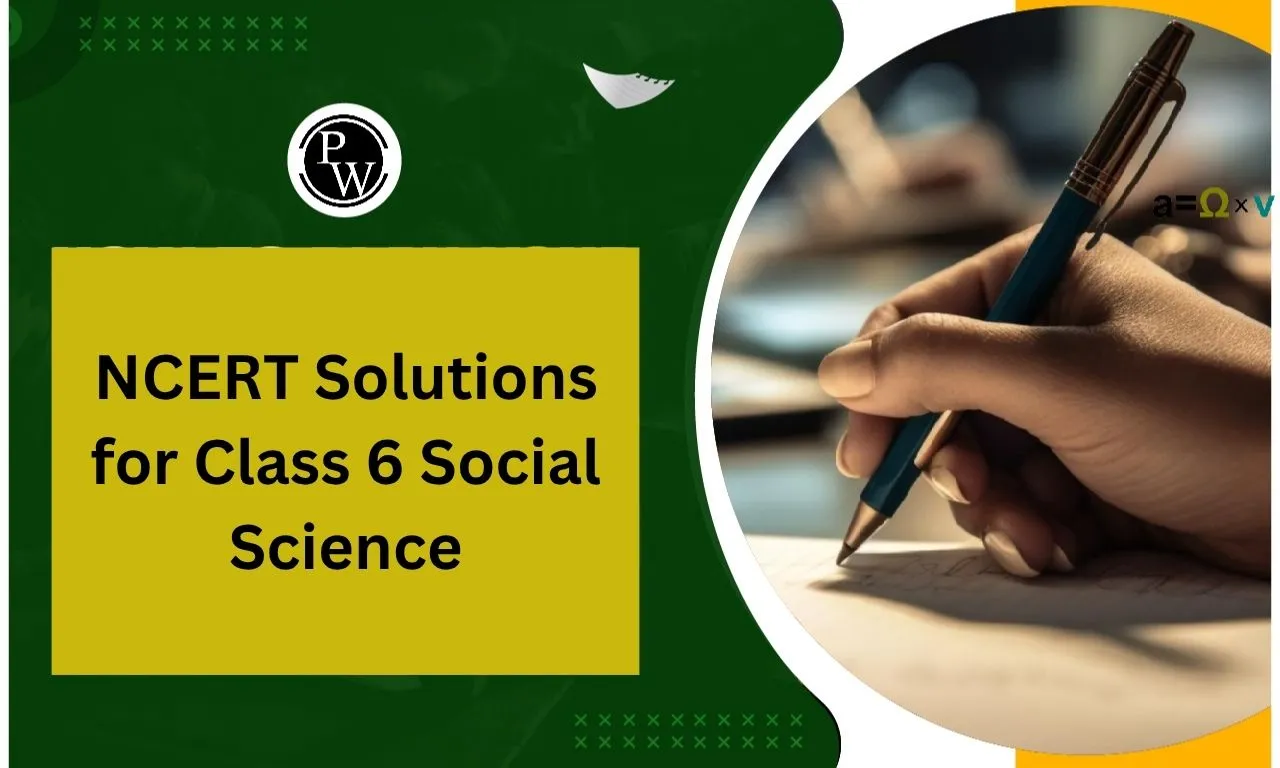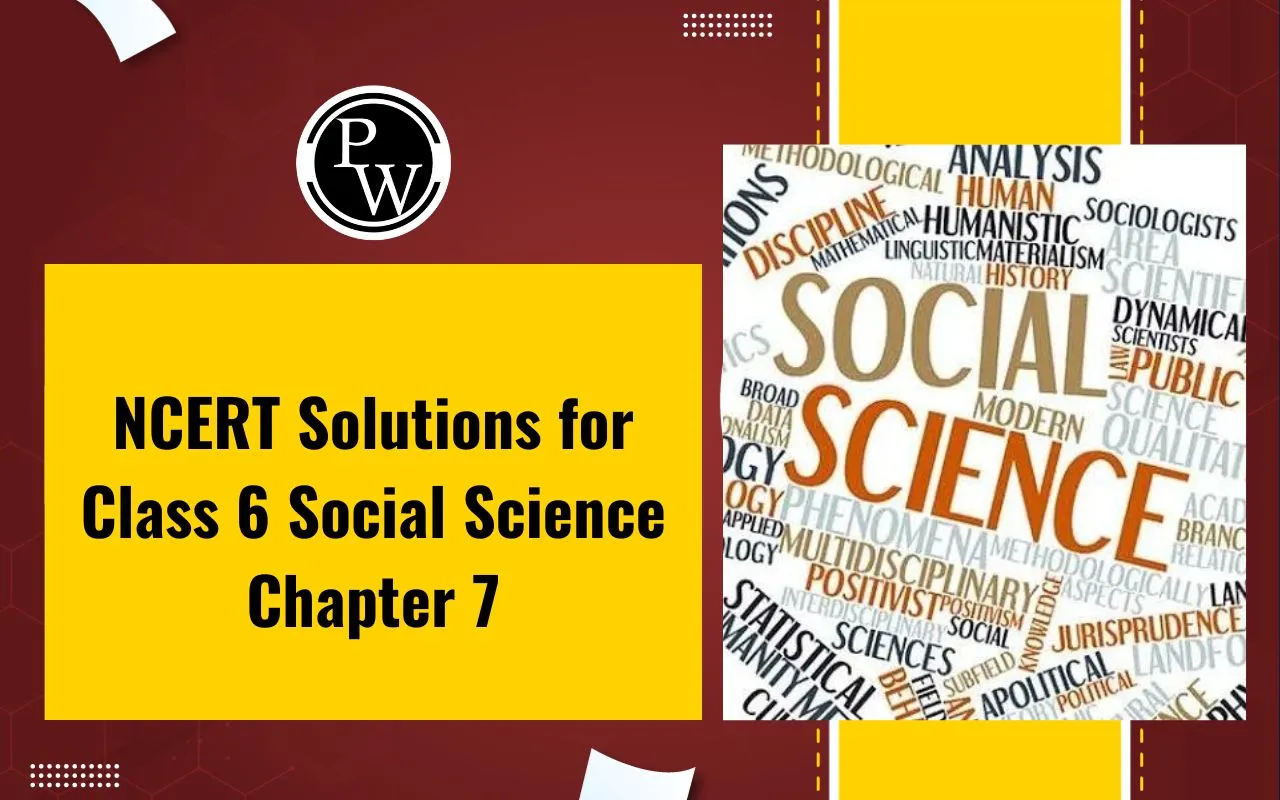
CBSE Class 6 Political Science Notes Chapter 2: Diversity and Discrimination from CBSE Class 6 Political Science notes chapter 2 explain the concepts of diversity and the discrimination that sometimes comes with it. India is a diverse country with people of various religions, languages, customs and traditions. This diversity is a source of strength but can also lead to discrimination when people are treated unfairly based on factors like caste, religion, gender, or economic status.
The chapter highlights how prejudice and stereotypes contribute to discrimination, where people are judged based on fixed ideas about certain groups. To promote equality, it is important to recognize the value of diversity and fight against discrimination. India's Constitution guarantees the right to equality for all, ensuring that every citizen is treated fairly, irrespective of their background.CBSE Class 6 Political Science Notes Chapter 2 Diversity and Discrimination Overview
These notes for CBSE Class 6 Political Science notes Chapter 2 Diversity and Discrimination have been created by subject experts of Physics Wallah. These notes explain the important concepts of diversity and how discrimination arises from prejudice and stereotypes. They emphasize the importance of understanding and respecting differences while highlighting the need for equality. With clear explanations and easy-to-understand language, these notes are an excellent resource for students to grasp the topic and perform well in their exams.CBSE Class 6 Political Science Notes Chapter 2 Diversity and Discrimination PDF
CBSE Class 6 Political Science Notes Chapter 2 Diversity and Discrimination are available in the PDF link provided below. To access these valuable notes simply click on the PDF link below for a detailed explanation of the chapter.CBSE Class 6 Political Science Notes Chapter 2 Diversity and Discrimination PDF
CBSE Class 6 Political Science Notes Chapter 2 Diversity and Discrimination
Below we have provided CBSE Class 6 Political Science Notes Chapter 2 Diversity and Discrimination-Difference and Prejudice
A variety of factors shape who we are, such as our lifestyle, the languages we speak, the food we eat, the clothes we wear, the games we play, and the festivals we celebrate. These aspects are influenced by the geography and history of the places we live. India is incredibly diverse home to eight major religions, 1600 mother tongues, and a hundred different dance forms. Despite this diversity, it is not always celebrated. People tend to feel more comfortable with those who look, dress, and think like them, often considering those who are different as strange or unfamiliar. This leads to stereotypes, like viewing villagers as ignorant or city dwellers as lazy and money-minded. When we constantly form negative opinions about certain groups, we develop prejudice against them. Prejudice means judging others unfairly or viewing them as inferior. We can be prejudiced about various things, including people’s religion, skin color, regional origin, accent, or clothing. These prejudices prevent us from forming relationships with others and can lead to actions that hurt them.Inequality and Discrimination
Discrimination occurs when people act on their prejudices or stereotypes. While diversity in aspects like religion or language can enrich society, it can also lead to discrimination when certain groups are seen as inferior. People who speak different languages, follow different religions, or live in specific regions may face discrimination because their customs or beliefs are considered less important. Economic inequality also plays a role, as people from poorer backgrounds often face additional discrimination. Some individuals experience both forms of discrimination, being marginalized because they are poor and because their culture or way of life is not valued. Groups like tribals, certain religious communities, and people from particular regions are often discriminated against for these reasons.On Being Discriminated Against
People engage in various forms of work, such as teaching, farming, carpentry and weaving, to earn a living. However, certain types of work are valued more than others, a belief that has its roots in the caste system. In this system, people were placed in a hierarchical structure, with some castes considered superior and others inferior. Those at the top, known as the upper caste, viewed themselves as superior, while those at the bottom, often referred to as "untouchables," were seen as unworthy. Caste rules restricted the so-called "untouchables" to specific jobs and denied them the right to participate in other economic activities or enjoy the same rights as the upper castes. Discrimination against Dalits went beyond economic restrictions, as they were also denied basic dignity and respect. Dr. Bhim Rao Ambedkar, a prominent Dalit leader and the father of the Indian Constitution, was the first from his caste to complete college and study law in England. He believed that Dalits should challenge the caste system and strive for a society where everyone is treated with respect and equality.Important Questions for CBSE Class 6 Social Science Political Science Notes Chapter 2 Diversity and Discrimination
Here are the important questions and answers of Chapter 2 for Class 6 students:Q.1. List five different effects that a girl suffers from by her stereotypical family.
Ans: A girl living in a stereotypical family might experience the following effects:
- Poor Treatment After Marriage: In some families, girls are mistreated by their in-laws after marriage. They may face exploitation and unfair treatment.
- Loss of Focus in School: The pressure and negative environment at home can cause girls to become disappointed and lose interest in their studies.
- Destroyed Ambitions: Girls may find it hard to pursue their dreams and goals due to the lack of support and encouragement from their family.
- Lack of Care and Affection: Even at home, they might feel neglected and unloved if their family does not provide enough care and affection.
- Low Self-Esteem: Poor treatment can lead to low self-esteem and confidence, making them feel mentally weak and dependent.
Q.2. What does the Constitution of India say about equality? Why is equality necessary?
Ans: The Constitution of India states that the government cannot discriminate against anyone based on religion, race, caste, sex or place of birth. Equality is necessary because it ensures that everyone is treated fairly and with respect. It allows people to have the same opportunities and rights, which helps everyone to progress and contribute to society. Without equality, individuals might be held back from reaching their full potential, which would hinder both personal and societal growth.
Q.3. Discuss different types of discrimination.
Ans: Discrimination can occur in various forms, including:
- Language Discrimination: Judging people based on the language they speak.
- Status Discrimination: Treating people unfairly because of their social or economic status.
- Religious Discrimination: Discriminating against people based on their religion.
- Educational Discrimination: Unequal treatment based on someone's level of education.
- Geographic Discrimination: Discriminating against people from certain regions.
Q.4. How do stereotypical families think that girls are a burden on them?
Ans: Stereotypical families may view girls as a burden because they believe girls are an added financial expense. This belief can affect girls' lives by limiting their opportunities and crushing their dreams. It also makes girls feel inferior and less valuable compared to boys. These stereotypes suggest that girls won’t be able to help their families in the future as boys might. As a result, girls might feel pressured and become more introverted due to these negative beliefs.
Q.5. Differentiate the lifestyle of urban people with rural people.
Ans:
- Urban People: Urban areas are cities or towns with modern amenities and infrastructure. People living in cities often have access to better healthcare, education, and job opportunities. They typically live in apartments or houses within close proximity to work, schools, and entertainment. Urban lifestyles are fast-paced, with a focus on technology and modern conveniences.
- Rural People: Rural areas are countryside regions with more open spaces and less dense population. People in rural areas often engage in agriculture or farming and may have fewer access to advanced services and facilities. They live in larger, spread-out homes with more land, and their lifestyle tends to be slower-paced and more connected to nature. Rural communities might have a closer-knit social structure and rely more on traditional practices.
Benefits of CBSE Class 6 Political Science Notes Chapter 2 Diversity and Discrimination
- Focused Content: The notes provide a concise summary of important concepts related to diversity and discrimination, ensuring that students focus on the most important topics for their exams.
- Conceptual Clarity: By breaking down complex ideas into simpler terms, the notes help students build a strong understanding of the concepts.
- Improved Retention: Structured notes with key points and examples help reinforce learning and improve memory retention, making it easier for students to recall information during the exam.
- Time Efficiency: By summarizing essential information, the notes save time during revision, allowing students to review and grasp concepts more quickly compared to studying from multiple sources.
CBSE Class 6 Political Science Notes Chapter 2 FAQs
What is diversity?
Why is diversity important?
What is discrimination?
What are stereotypes?
How does diversity benefit a community?


